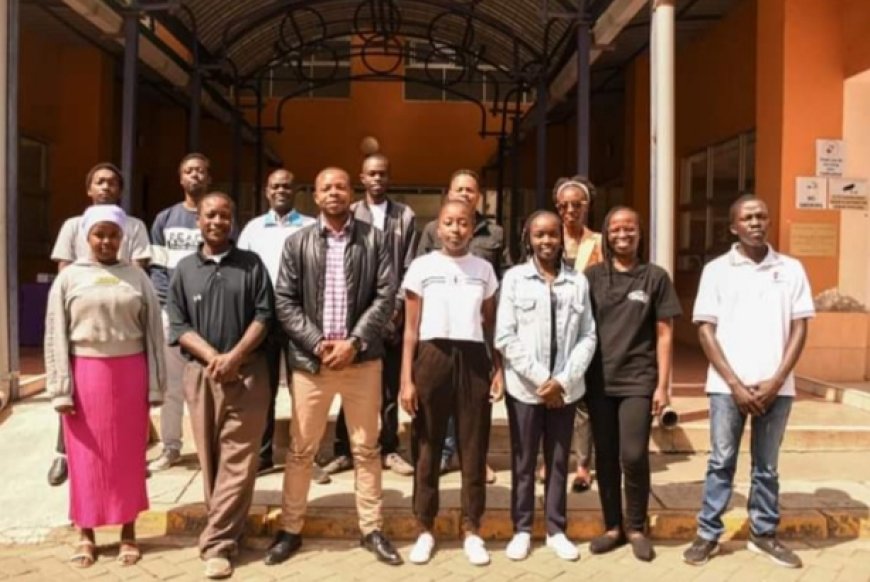Nakuru picked for pilot project on sustainable waste management

Nakuru,
Monday July 8, 2024
KNA by Jane Ngugi
Over the past few years, cities and major towns have witnessed a rapid population growth that has significantly altered social-economic development.
This growth has presented major challenges in effectively managing available resources that have been stretched to the limit.
This growth has resulted in inequality in the provision of basic services such as Affordable Housing, access to quality healthcare, sustainable water and sanitation infrastructure.
In this regard, Friedrich-Ebert-Stiftung (FES-Kenya), Civil Society Urban Development Platform (CSUDP) and the Civil Justice Alliance (PACJA) have started a pilot project that seeks to address critical challenges in sustainable water and waste management.
Nakuru County has been selected alongside Kisumu and Makueni counties for a pilot project on water and waste management aimed at enhancing civil society engagement for just and sustainable urbanization.
In Nakuru, the three-year project focuses on enhancing the capacities of civil society organizations to promote sustainable water management and effective waste management. By tackling urbanization's environmental challenges, this project is expected to culminate in a just and livable city.
The first phase of the project involves mapping actors in the waste and water management value chains in Nakuru City, Molo Municipality, Njoro, and Elburgon Towns.
Part of this phase includes training a team of research assistants on using digital tools like Kobo Collect to guarantee comprehensive data collection. This data will support robust advocacy efforts and active participation in decision-making processes for sustainable urban management.
The City Management together with the Directorate of Urban Development have affirmed Governor Susan Kihika's commitment to supporting this initiative, emphasizing the importance of community involvement in addressing water and waste management challenges.
Despite efforts by the Kenyan government over the past decade to enhance living standards in urban areas, there remains a significant disparity in the distribution of political, economic, spatial, and financial resources, and sufficient rights for marginalized groups such as people with disabilities and those in the informal settlements resulting to ‘unjust’ urban areas.
In response to these challenges, the FES Kenya advocates for a social democratic approach, promoting the concept of “Just Cities" that fosters inclusivity and social equity.
This involves facilitating constructive dialogues and meaningful public participation in urban development among political stakeholders, civil society actors, and other stakeholders to address pressing issues in provision and access to public goods and services such as affordable, accessible and sustainable housing, public transportation, water and sanitation.
Through its "Just Cities" project, FES Kenya collaborates with various stakeholders, including civil society organizations, trade unions, Members of County Assemblies, national government representatives, private sector, media and academia.
The concept of a 'Just City' is one in which developing cities strive to achieve social equity to ensure justice, status and diversity are taken into consideration during planning.
The aim is to foster constructive dialogues and develop relevant policies and locally led solutions through joint efforts towards creating a more socially equitable urban development in Kenya.
This initiative seeks to promote urban social justice by ensuring a fair distribution of opportunities for social mobility, improving provision and access to public goods and services, while enhancing sustainability and resilience.
These projects are designed to contribute to the development of socially equitable and sustainable urbanization for all urban residents, while addressing critical issues that affect public participation towards provision and access to public goods and services.
Courtesy; KNA
What's Your Reaction?


































































































































































































































































































